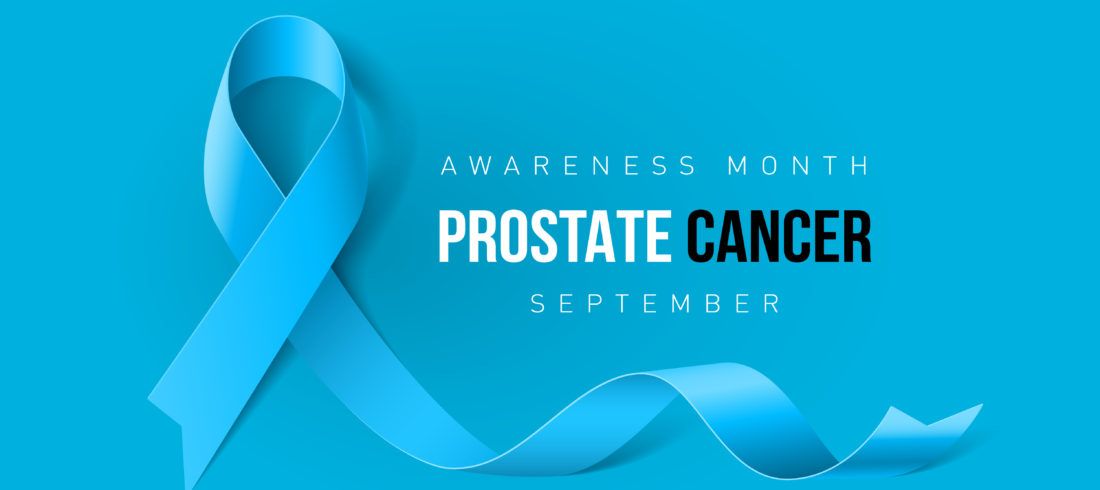The We Can Win Foundation, Inc. is a federally recognized 501(c)(3) nonprofit organization based in Dallas County. As we enter our fifth year of service, we continue to make a significant impact through symposiums, resource availability, education, and referrals to hospitals and medical facilities specializing in prostate and breast cancer. To date, we have reached over 500 African American men and women in our area, emphasizing the importance of early detection and screening. Our efforts have been met with positive feedback, and many individuals have shared stories of successful outcomes.
We recognize the urgent need to combat prostate cancer in men of color, who face alarmingly high rates of advanced-stage diagnoses and mortality despite the disease being 99% curable if caught early. Similarly, breast cancer rates among women of color have increased by approximately 44% in the past two years, highlighting the necessity of providing a safe space for these communities to discuss their challenges. Health inequities continue to hinder timely testing and diagnosis, significantly impacting African American families and communities.
The mortality rate for Black women diagnosed with breast cancer surpassed that of Caucasian women in 2023, according to the American Cancer Society. We remain committed to addressing these disparities and creating an environment where individuals can access quality healthcare. While we recognize that we cannot win this fight alone, we firmly believe that, "Together We Can Win."
We Can Win!
We Can Win! Real Talk About "Prostate Cancer"
We Can Win – Real Talk About Prostate Cancer was founded in January 2020 by Bishop Dr. Edward W. Wright, Sr., BS, DDiv. After being diagnosed with low grade prostate cancer in 2012, Dr. Wright began his journey to defeat this deadly disease by whatever means necessary, with a host of doctors with expertise in Urology, Radiology, and Oncologist. From the initial diagnosis, treatment was intentional and at sometimes strenuous. Countless biopsies, multiple doctor visits, news that at times did not make sense. However, Dr. Wright claimed to have some of the best medical care in the country, utilizing facilities like the Palo Alto Medical Center, the VA Medical Center of Dallas, and the incredible staff of doctors and nurses at the UT Southwestern Radiation Oncology Center under the care of Dr. Raquiul Hannan, M.D., PhD.
In December 2018, Dr. Wright underwent a clinical trial procedure under the watchful eye of Dr. Hannan, one of the developers of SBRT, a clinical trial with a 99% success rate. Shortly after the successful procedure, Dr. Wright sets out to help educate the African American Male communities across the country on the necessity of getting early scans for prostate cancer, and sharing the resources of education, research, and treatment that is available to detect prostate cancer in its early stages. The idea was to remove some of the negative narrative that has plagued the African American Male communities for years, and have caused the deaths of African American men at twice the rate of any other race, and he believes that this is due to the lack of information and testing that is not being disseminated to these underserved communities.Our Board of Directors is comprised of successful businessmen, educators, and medical advisors.
In January 2023, our name was changed to, “We Can Win – Real Talk About Prostate Cancer,” to push the conversation that through early testing and detection, “We Can Win” this battle in beating this deadly disease.
Dr. Wright has advocated for funding related to education, research, cost elimination for testing in underserved communities, with Zero – The End of Prostate Cancer, speaking to elected officials in Washington, DC, encouraging them to partner with us and sign bills into law that will help this cause. Dr. Wright has also partnered with his Fraternity, Phi Beta Sigma Fraternity, Inc. to help spread the word through the fraternity, and encourage them to seek testing and screening options when turning 40 years old.
We are a 501(c) 3 federal tax-exempt organization, supported under the umbrella of Tabernacle of Faith Ministries International, Inc. We encourage to you to support this organization by donating to help us continue to travel across the country to bring this much needed information into communities of color that might otherwise continue to perish because they are not provided with the information to help them get screening and treatment.


What are the key points I should know when taking early precautions for prostate cancer?
1. Get regular checkups: Regular checkups with your doctor are essential for early detection of prostate cancer. Have your doctor check your prostate-specific antigen (PSA) levels and perform a digital rectal exam (DRE) to check for any abnormalities.
2. Make healthy lifestyle choices: Eating a healthy diet, exercising regularly, and avoiding smoking and excessive alcohol consumption can help reduce your risk of prostate cancer.
3. Consider genetic testing: If you have a family history of prostate cancer, you may want to consider genetic testing to determine if you have a genetic mutation that increases your risk of developing the disease.
4. Talk to your doctor about medications: Certain medications, such as 5-alpha.
There are several foods that are believed to be beneficial for prostate health:
- Tomatoes: They are high in lycopene, an antioxidant that has been shown to reduce the risk of prostate cancer.
- Fatty Fish: Salmon, sardines, and other fatty fish are good sources of omega-3 fatty acids, which have anti-inflammatory effects and may protect against prostate cancer.
- Nuts: Walnuts, almonds, and other nuts are rich in healthy unsaturated fats and also contain antioxidants that may help protect against prostate cancer.
- Cruciferous Vegetables: Broccoli, cauliflower, and other cruciferous vegetables contain compounds that have been shown to reduce the risk of prostate cancer.
- Green Tea: Green tea contains catechins, antioxidants that have been shown to reduce the risk of prostate cancer.
- Pomegranates: Pomegranates contain antioxidants that have been shown to reduce oxidative stress and inflammation, which may help protect against prostate cancer.
It's important to note that while these foods may have health benefits, they should be consumed as part of a balanced diet and are not a substitute for medical treatment. Like always consult your doctor about everything.

